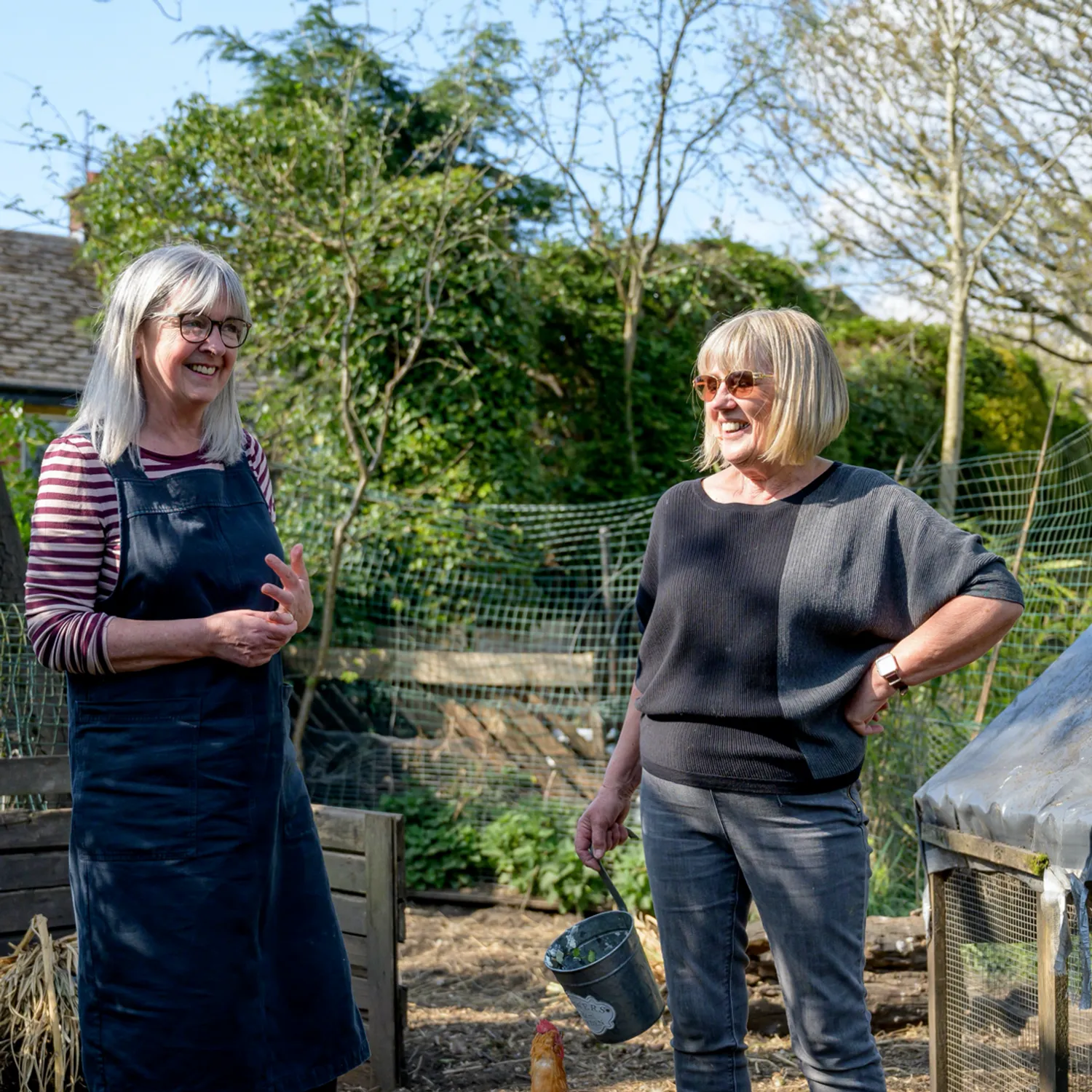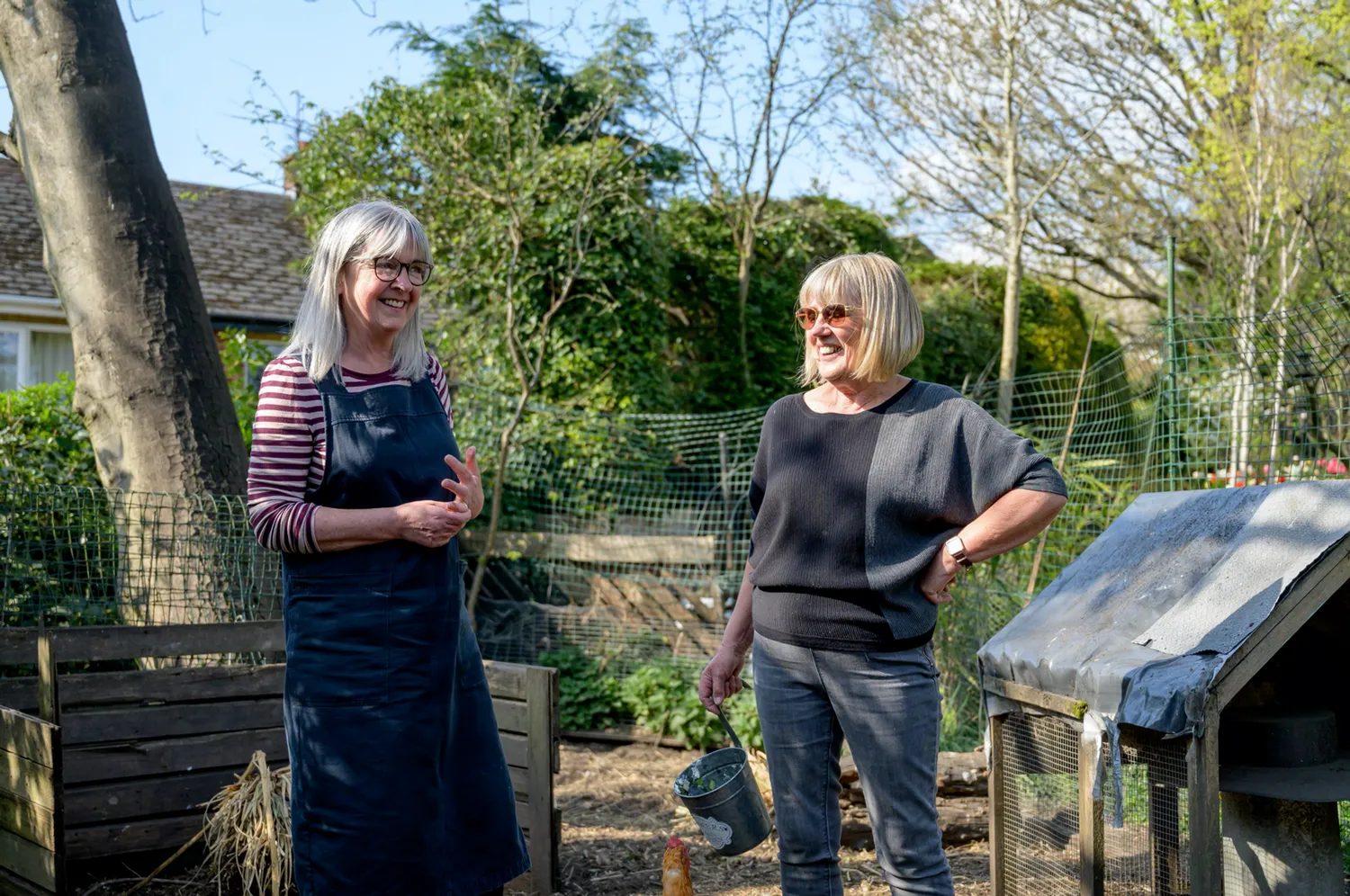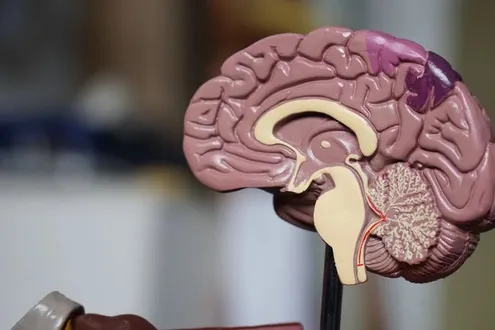Theme 1: Behaviour Inequalities and Health
Currently, people in deprived communities live almost 20 years more in poor health compared to the wealthiest communities. In this theme we aim to address the inequalities in health behaviours that cause this chasm. We work with communities to support individuals to make positive behaviour changes by focusing on people’s priorities and unique challenges. Our current focus is on supporting multiple behaviour change and mental health, whole-diet interventions, and work with local foodbanks and social supermarkets. Co-production increases the chances that our research reaches people who can benefit the most, and influences practice and policy.

Watch
Hear from Theme 1 Lead, Professor Wendy Hardeman on how NIHA as a multi agency partnership aims to address Behavioural Inequalities and Health
Watch nowOverview
Economically deprived communities and unhealthy behaviours place a heavy burden on the health service, social care and the people within them.. Physical inactivity, unhealthy diets, tobacco smoking, and excessive alcohol consumption (‘big four’ behaviours). People living in more deprived communities are much more likely to engage in all four behaviours. They spend a longer proportion of their lives in poorer health and early mortality is higher. The COVID-19 pandemic has exacerbated these inequalities and ill-health behaviours have worsened.
The strength of our work is that partnership working is key to the work we do, to better understand our communities and work those who have the greatest needs. Our aims are to empower people and communities to improve health and well-being. We work with residents of underrepresented communities and key other stakeholders such as community, voluntary, health and social care organisations, and local government. Our NIHA Co-Production Panel is a key stakeholder and underpins the work that we do.

Key focus
We will co-produce interventions which empower people and communities to make positive choices to benefit their health and well-being.
Our focus is health-promoting behaviours, especially the ‘big four’ behaviours and sleep. Due to the inequalities in health-protective behaviours, we are also working to improve behaviours such as uptake of cancer screening and vaccinations (Covid-19, flu), to reduce these inequalities.
Our work includes individual, group, community and systems-based interventions targeting multiple influences of behaviour (psychological, social, environmental and financial). All our work acknowledges local context and social practices. Examples of our work include our partnership work on food insecurity and food poverty with multiple local organisations and community groups, and cancer prevention work in our most under-researched communities, digital interventions and brief conversations about behaviour change.
To work with our community partners and the NIHA Co-production Panel to better understand and identify needs to improve the health of our community.
To increase capacity and collaboration across multiple agencies to address behavioural inequalities and empower people and communities as a force for change to improve longer term health and well-being.
To co-produce appropriate interventions that build on our community assets.








